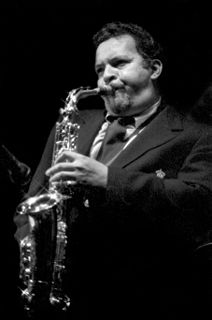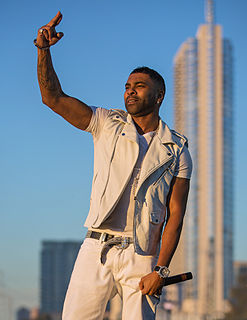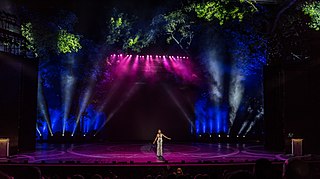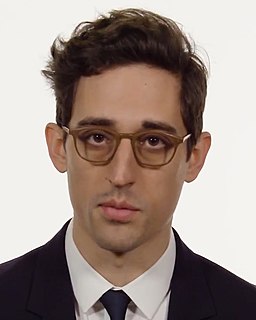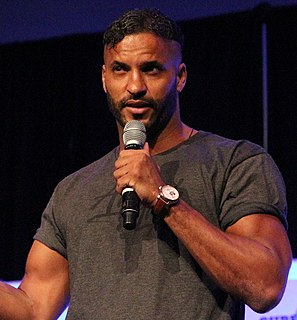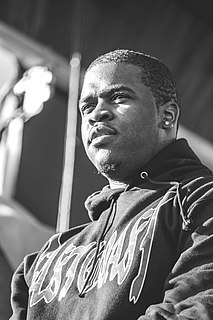A Quote by Jackie McLean
I tell my students, 'It's an important tradition and you have to go back and hear this music and learn its language all the way through. How are you going to know what's new to play, if you haven't listened to everything that's old?'
Related Quotes
The only thing that's new is the internet! But the problems and issues that all the kids go through now, it's nothing different! It's funny how your kid can come home and tell you something and you can tell them almost how it's going to play out. It's crazy, I be like 'Wow, am I that old?' But you've seen it before, and it's the same thing.
You've got to reach towards a better language, and you're not going to make it up from scratch; you've got to reach back into the tradition. Western tradition is not as impoverished as a lot of people would like to think, but you'd have to go back before the industrial revolution; you may have to go back farther than that. Of course, the Bible has a perfectly adequate language, but it's suffered a lot of thoughtless wear.
Miles Davis came in a couple of days and said, "Oh, man, I love that. Keep going." So he said, "Let me know when you need trumpet." And he came in, and he was sitting there, and I was very intimidated, because now he's going to play the trumpet on something that I wrote." He starts to play, and I go, "That's not right, but I don't know how to tell him it's not right." Finally he goes, "When are you going to tell me what to do?" He said, "This is your music. I know you know how it's supposed to sound. Stop fooling around. We don't have time."
I listened to classical music. I listened to jazz. I listened to everything. And I started becoming interested in the sounds of jazz. And I went to a concert of Jazz at the Philharmonic when we lived in Omaha, Nebraska, and I saw Charlie Parker play and Billie Holiday sing and Lester Young play, and that did it. I said, 'That's what I want to do.'
You know, I didn't write my books for critics and scholars. I wrote them for students and artists. When I hear how much my work has meant to them--well, I can't tell you how happy that makes me. That means that this great stuff of myth, which I have been so privileged to work with, will be kept alive for a whole new generation. That's the function of the artists, you know, to reinterpret the old stories and make them come alive again, in poetry, painting, and now in movies.
